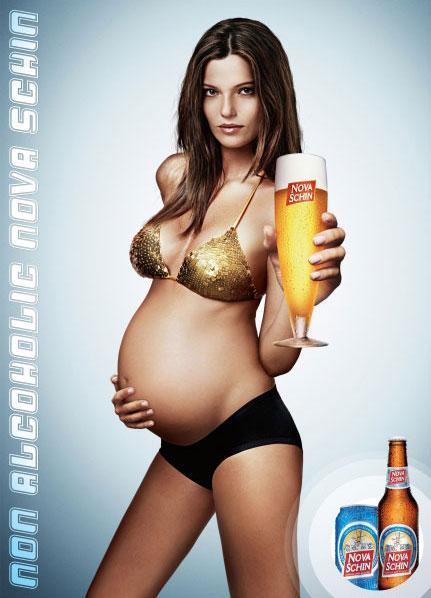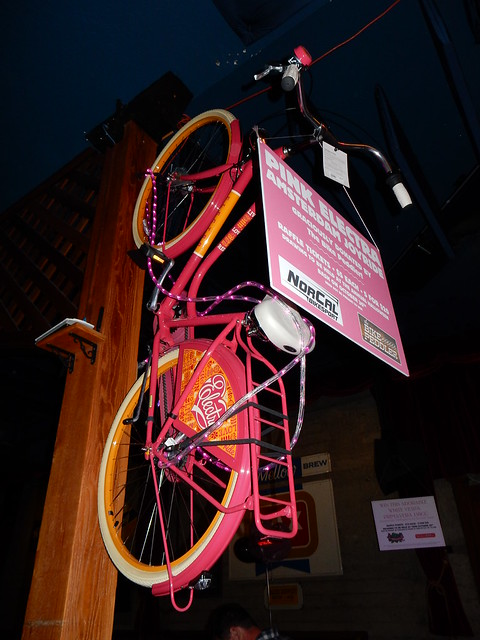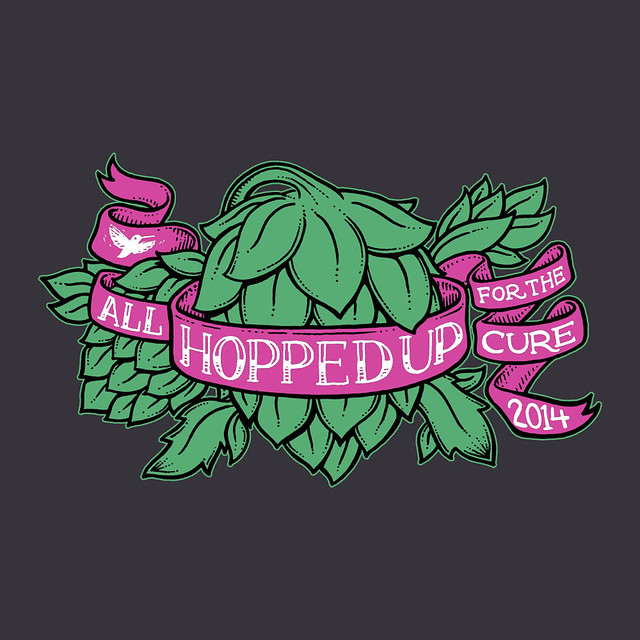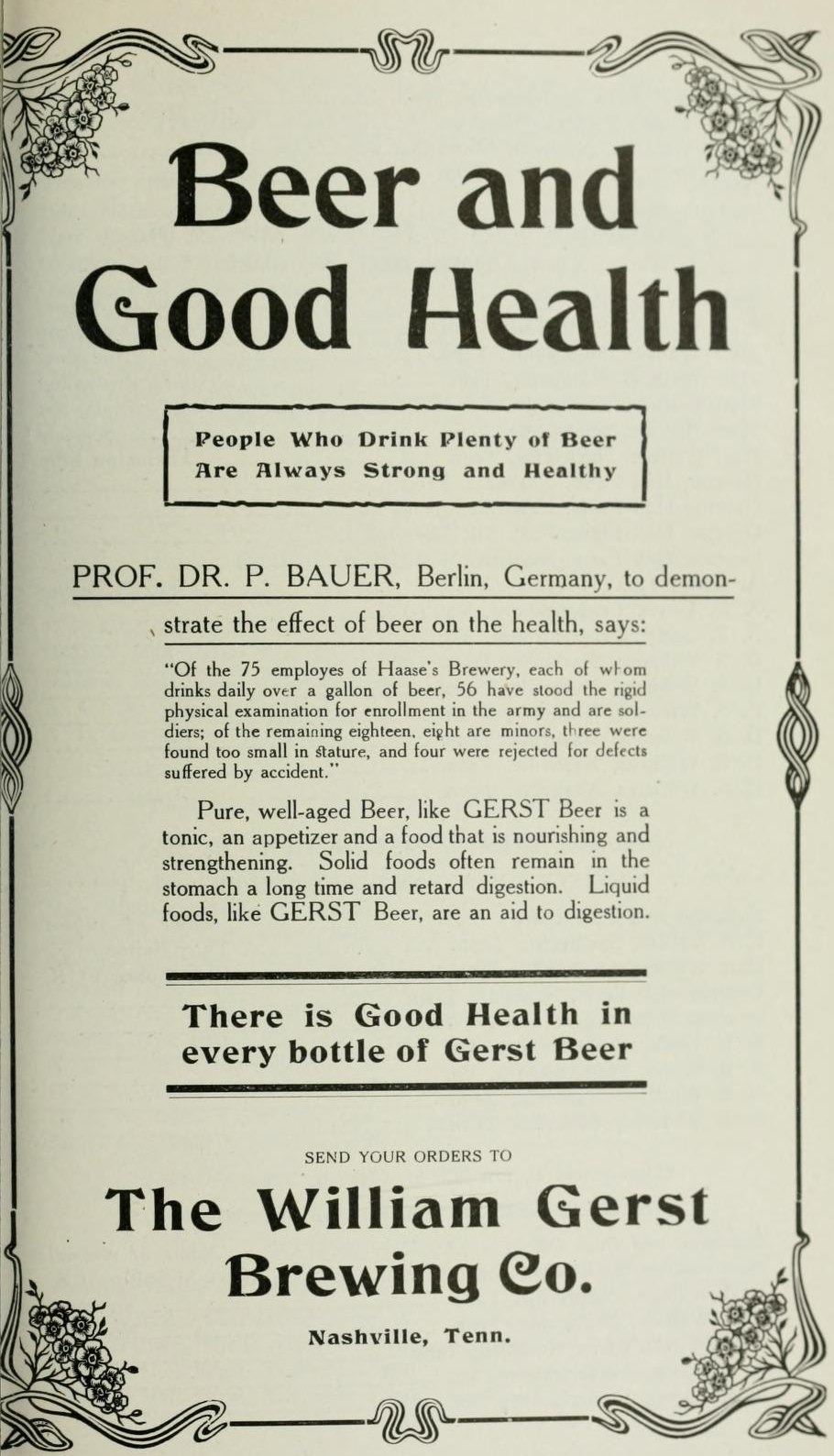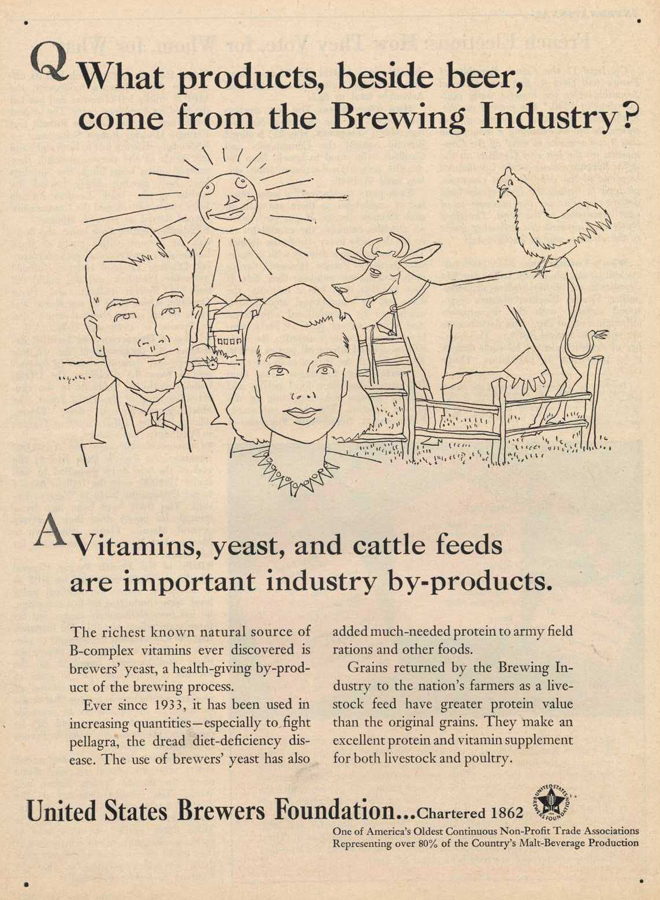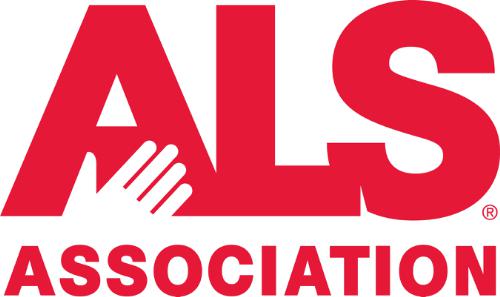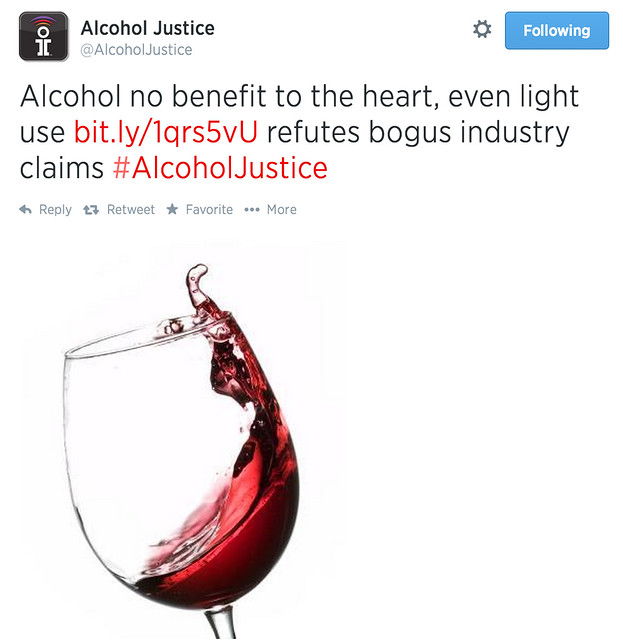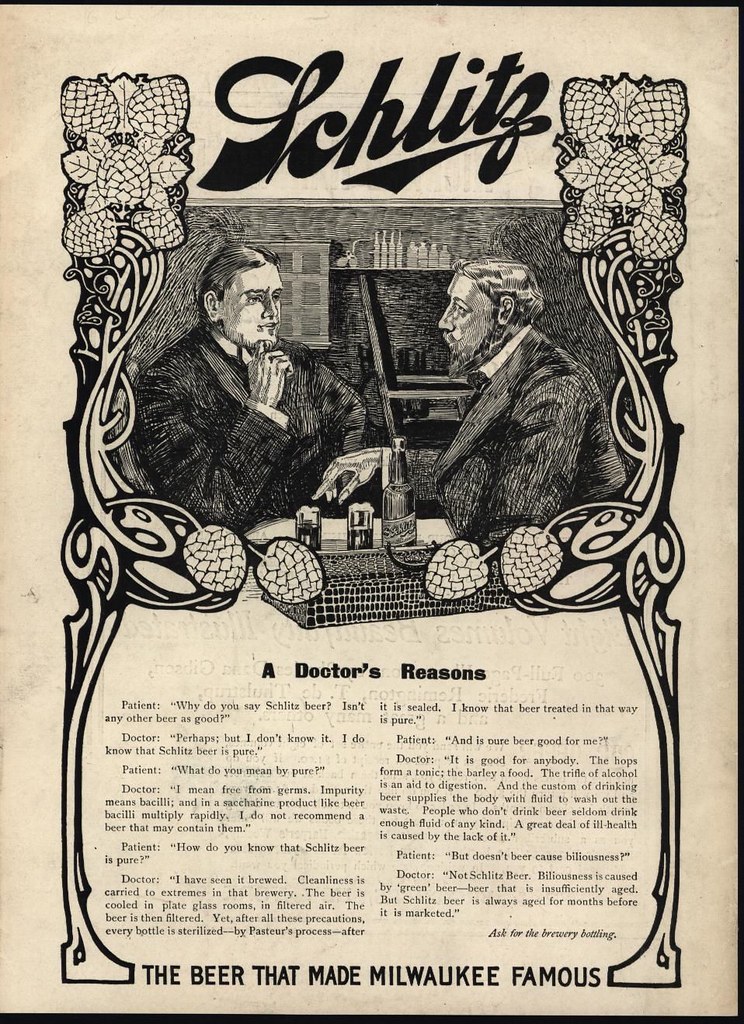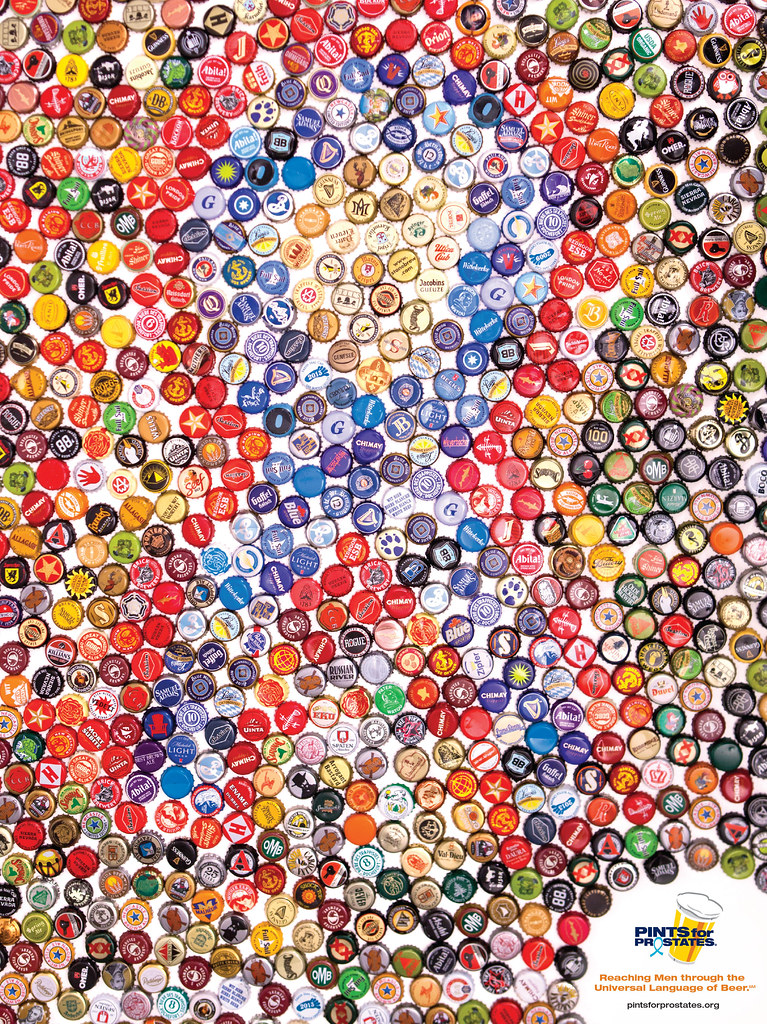
An online article today on Business Insider examines the World Health Organization’s most recent Global status report on alcohol and health 2014. Entitled Here Are The Drunkest Countries In The World, it gives the highlights of the WHO report. Unfortunately, in my experience WHO tends to lean on the side of prohibitionists in their approach to alcohol, highlighting primarily the bad aspects while ignoring the positive. As a result, WHO tends to be all doom and gloom about alcohol in the world. It’s a somewhat odd position. At any rate, they use the map below, showing per capita alcohol consumption by country, as of 2010 (but it’s the same data in the 2014 report).

See the chart full size.
One thing to notice is that despite the hue and cry from U.S.-based anti-alcohol groups, American consumption has been flat or down since its 1980 high point, and worldwide we’re pretty much in the middle of the consumption scale, not the lowest or the highest, as they’d have us believe. Canada drinks more than we do. So does Australia and most of Europe, especially Eastern Europe and Russia.
But even with WHO’s very conservative view of drinking alcohol, American patterns of risky drinking is even lower than average, squarely in the second-lowest category. For example, Mexico may drink less than Americans per capita, but still manages to drink in a more risky manner, and Canada and us are the same, despite out-drinking Americans. Likewise, Western Europe, which drinks more than most, engages in the least risky behavior, at least as WHO defines it.

See the chart full size.
So if we accept the way WHO comes up with that statistic — stated as by considering “the usual quantity of alcohol consumed per occasion, proportion of drinking events when drinkers get drunk, proportion of drinkers who drink daily or nearly daily, festive drinking, drinking with meals, and drinking in public places — then overall there’s a lot less risky drinking in the world than the first chart would have us believe. While per capita consumption seems to follow the expected bell curve, risky behavior does not, with far less dark spots. The riskiest countries are concentrated in just a few nations, and looks even larger than it really is because one of the countries is geographically very big. The countries in the second-riskiest tier looks to be less than ten nations, suggesting that a majority of places to do not engage in a great deal of risky drinking, which is frankly what I’d expect. Either way, I’m not sure hardly any deserve the title “drunkest countries.”


